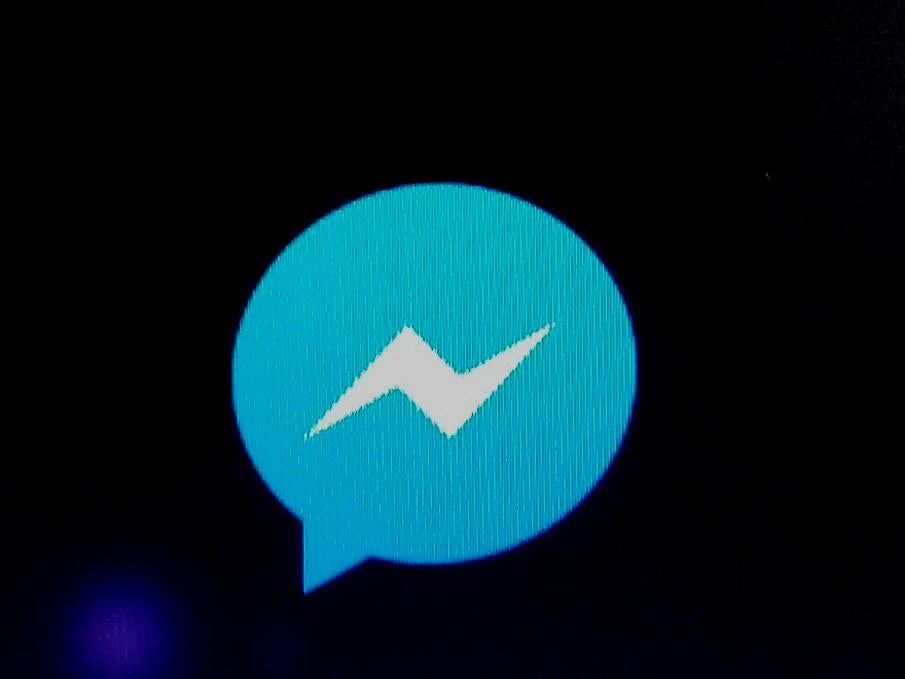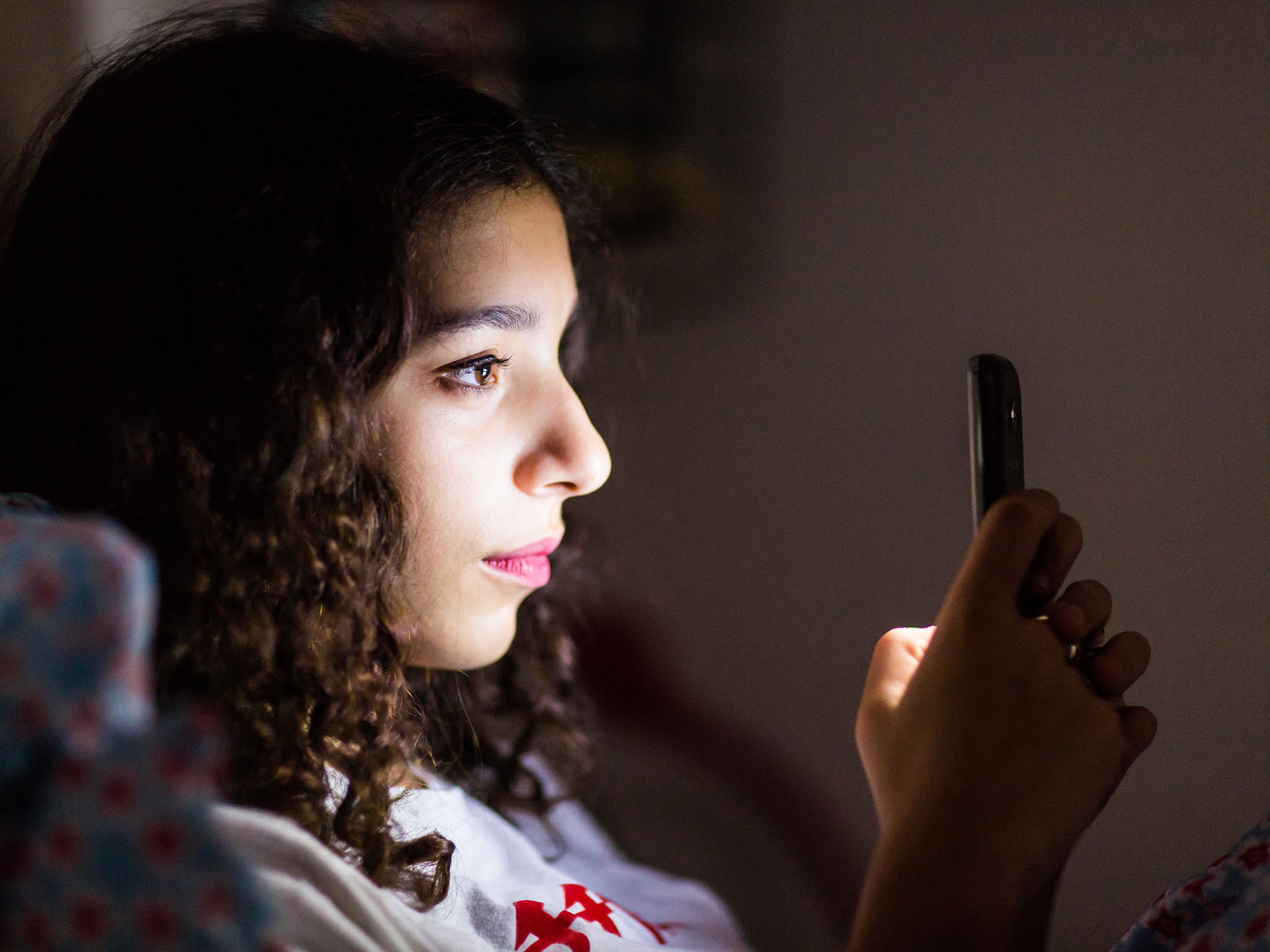Facebook Messenger tests Dark Mode to put less strain on users' eyes
The much-needed update reduces harmful blue light emitted by screens

Your support helps us to tell the story
From reproductive rights to climate change to Big Tech, The Independent is on the ground when the story is developing. Whether it's investigating the financials of Elon Musk's pro-Trump PAC or producing our latest documentary, 'The A Word', which shines a light on the American women fighting for reproductive rights, we know how important it is to parse out the facts from the messaging.
At such a critical moment in US history, we need reporters on the ground. Your donation allows us to keep sending journalists to speak to both sides of the story.
The Independent is trusted by Americans across the entire political spectrum. And unlike many other quality news outlets, we choose not to lock Americans out of our reporting and analysis with paywalls. We believe quality journalism should be available to everyone, paid for by those who can afford it.
Your support makes all the difference.Facebook Messenger has introduced a Dark Mode to help prevent screen glare, though the new feature is not yet available for everyone.
An incomplete version of the feature was rolled out in some countries, according to several reports from users on social media.
"Facebook Messenger, seemingly due to prolonged external nagging, has started public testing Dark Mode in certain countries," web app developer Jane Wong wrote on Twitter.
"They have put up a fair warning that Dark Mode isn't everywhere yet so don't complain when some UI burns your eyes off."
The dark mode works by changing the colour settings to reduce the brightness, which makes browsing through messages both easier on a user's eyes and their device's battery.
Previous studies have suggested blue light emitted from the screens of laptops and smartphones can contribute to blindness.
In August, research by scientists from the University of Toledo, Ohio, revealed that prolonged exposure to the short-wavelength light triggers the generation of toxic molecules in the eye's light-sensitive cells.
This process can lead to macular degeneration, a condition that results in blurred or no vision in the centre of the vision field.
While it is thought that dark modes can help reduce eye strain, no studies have provided conclusive proof of whether the feature helps prevent this type of damage. Some experts have also questioned whether blue light can cause permanent eye damage.
“Looking at artificial blue light for prolonged periods may increase eye strain and affect sleep patterns, so using ‘Dark Mode’ may help with this," Henry Leonard, optometrist and head of clinical and regulatory at the Association of Optometrists, told The Independent.
"However, there is currently insufficient evidence to suggest that exposure to blue light from devices such as mobile phones causes permanent damage to the eye, including the retina, or increase the risk of eye conditions."

Facebook Messenger follows several other popular apps to introduce the feature, including YouTube, Google Maps and Firefox.
WhatsApp, which is also owned by Facebook, is expected to introduce a similar feature later this year.
As well as avoiding shining bright screens into people's eyes, dark modes can also improve battery life. Phones that use OLED displays do not need to light up parts of the screen that are black, potentially reducing the energy needed while the app is open.
Join our commenting forum
Join thought-provoking conversations, follow other Independent readers and see their replies
Comments